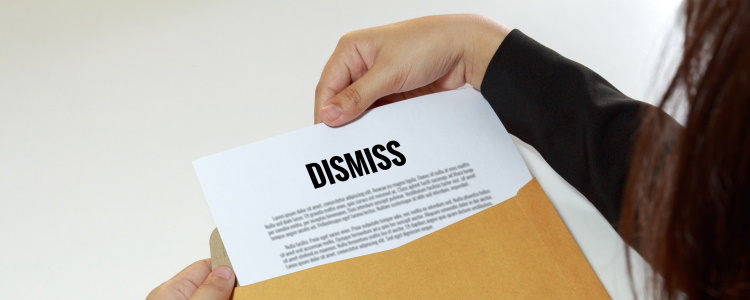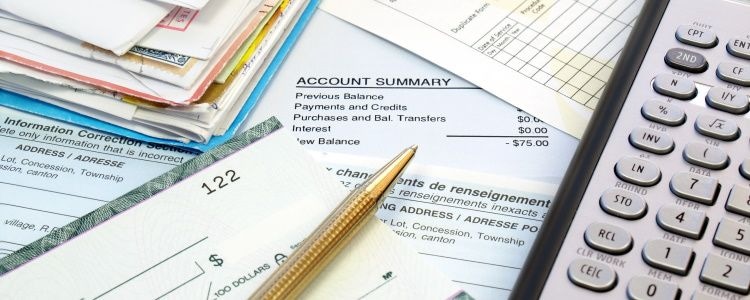Repairing your credit score with a bad credit auto loan is possible – if the loan is reported to the credit bureaus. Here’s what you need to know about credit repair, what your credit score is made of, and how installment loans like car loans can help.
What Is Credit Repair?
Credit repair is defined as “fixing” your credit reports to improve your credit score. Your credit score is a three-digit number between 300 and 850 (on the FICO credit scoring model), which is generated by the information listed on your credit reports. The higher your score, the better off you’re likely to be when it comes to being eligible for a car loan.
However, you can’t just take an eraser to your credit reports and remove bad marks because you want to.
Credit repair either starts with getting positive information reported, or removing inaccuracies from your credit reports. If everything is correct on your credit reports, then credit repair for you means managing the credit you currently have and/or getting new lines of credit on your credit reports that you can comfortably repay on time.
If you have nothing currently being reported, then it’s also likely to create a lower credit score because you’re not proving your ability to pay loans on time. Many borrowers start their credit history with a manageable car loan or small-balance credit card to begin a payment and credit history.
By getting an auto loan that’s reported to the credit bureaus, the months of on-time payments can do wonders for your credit score. Auto loans are great for credit repair since they can add to your payment history, length of credit history, and credit mix.
The Meat of Your FICO Credit Score
There are a few credit scoring models out there, but the one you need to be most concerned with is the FICO credit scoring model. It’s the most commonly used credit score by lenders, including auto lenders.
Your FICO credit score breaks down like this:
- Payment history 35% – Keeps track of your payment history: on-time, late, and missed.
- Amounts owed 30% – Considers your credit utilization ratio (credit card balances compared to their limits), and the sizes of your current loans.
- Length of credit history 15% – How long you’ve had an active credit history. The older, the better.
- Credit mix 10% – The variety of credit you have reported.
- New credit 10% – Keeps track of how often you apply for new credit. Multiple credit pulls that aren’t strategic can harm your credit score.
Payment history holds the most weight because lenders are usually most concerned with your ability to repay credit on time. If you have a long-standing, timely payment history, it boosts your credit score more than other areas of your credit reports and gives future lenders confidence that you can repay borrowed money successfully.
Repairing Credit With a Bad Credit Car Loan
 Typically, borrowers with credit scores below 660 are considered bad credit borrowers and may struggle to meet the credit score requirements of traditional auto lenders. That’s where bad credit auto loans issued by subprime lenders can help.
Typically, borrowers with credit scores below 660 are considered bad credit borrowers and may struggle to meet the credit score requirements of traditional auto lenders. That’s where bad credit auto loans issued by subprime lenders can help.
Subprime car loans are reported to the national credit reporting agencies – TransUnion, Experian, and Equifax. For your credit score to see any improvement from a loan, it must be reported. Reported simply means listed on your credit reports and your timely payments contribute to your payment history.
Subprime lenders are signed up with special finance dealerships and they often work with tough credit challenges such as bankruptcy, no credit, and bad credit. Your credit score is only one part of your overall eligibility in subprime financing. If you can prove you’ve got the chops to repay an auto loan by meeting their requirements, they may be willing to overlook your past credit history.
Are All Bad Credit Auto Loans Reported?
Not all loans are created equal – or reported to the credit bureaus. As a good rule of thumb, if an auto lender checks your credit score, they’re typically going to be reporting your car payments.
Some bad credit auto lenders from in-house financing dealerships don’t report their loans, even if they do check your credit. In-house financing dealers are also the lender and don’t need to rely on an outside source to get your financing. Since everything is done in-house at the dealership, they aren’t as likely to check your credit reports.
While skipping the credit check is tempting (especially if your credit score is tarnished), no credit check usually means your credit doesn't improve with your timely car payments because they may not report them. Ask your auto lender about their credit reporting practices if you’re looking to improve your credit history with the car loan.
Looking for a Bad Credit Auto Loan?
If credit repair is your goal along with getting another (or first!) vehicle, we want to help. Finding a special finance dealership can be as easy as completing our free auto loan request form. At Auto Credit Express, we’ve maintained a nationwide network of special finance dealerships that are signed up with subprime lenders. Get started today!


















